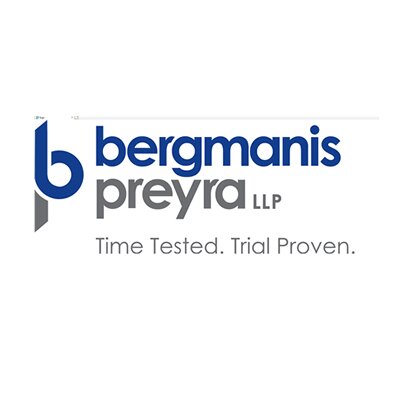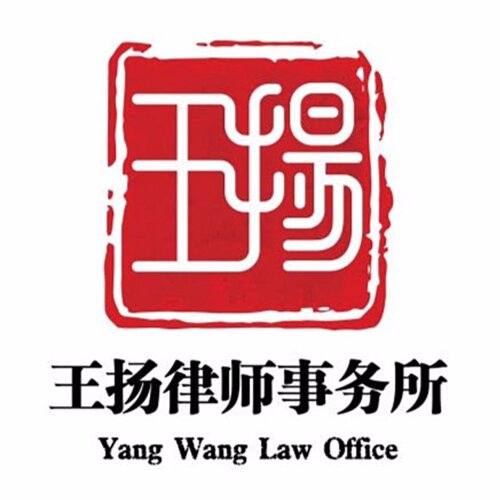Best Class Action Lawyers in Toronto
Share your needs with us, get contacted by law firms.
Free. Takes 2 min.
List of the best lawyers in Toronto, Canada
Canada Class Action Legal Articles
Browse our 2 legal articles about Class Action in Canada written by expert lawyers.
- Class Action Rights for Consumer Privacy Breaches in Canada
- Most consumer privacy class actions in Canada operate on an opt-out basis, meaning you are automatically included if you meet the class definition. You do not need to pay out-of-pocket legal fees to participate; lawyers are typically paid a percentage of the final settlement or court award. Certification is the... Read more →
- How to Join or Opt-Out of Canada Privacy Breach Class Actions
- Most Canadian provinces operate on an "opt-out" basis, meaning you are automatically included in a class action if you meet the criteria and live in the province where the case was filed. You do not pay any upfront legal fees to participate; lawyers are paid a percentage of the settlement... Read more →
About Class Action Law in Toronto, Canada
Class action law in Toronto, under the jurisdiction of Ontario, Canada, revolves around lawsuits where a large group of people collectively bring a claim to court. These cases commonly occur when many individuals encounter the same issue with a product, service, or organization. Rather than each person filing their lawsuit, they unite as a 'class' represented by one or more 'class representatives'. Class actions aim for efficiency and justice, ensuring that all affected can get redress and deter wrongful conduct.
Why You May Need a Lawyer
Class action cases can often be complex and time-consuming. If you've been wronged through a product, service, or by an entity along with a large group of people, you might choose to be part of a class action. These cases often revolve around product liability, environmental issues, financial services, privacy breaches, and employment matters. You may need a lawyer to understand your rights, the procedures and to ensure you get fair representation and compensation.
Local Laws Overview
In Toronto, Ontario, class actions are regulated by the "Class Proceedings Act." Key aspects include the requirement for the class to have a 'representative plaintiff' who fairly and adequately represents the interests of the class. The class should raise common issues, and a class action should be the preferable procedure for resolving these common issues. These cases can only proceed with the court's certification. If successful, the judgement or settlement binds all class members, except those who opt-out.
Frequently Asked Questions
1. What is a Class Action Lawsuit?
A Class Action lawsuit is a legal procedure enabling a large group of people sharing a common issue to proceed as a collective, with one or more 'representative plaintiffs' pushing forward the action on behalf of the group or 'class'.
2. How do I start a Class Action Lawsuit?
Starting a class action lawsuit requires legal help. Broadly, you need to identify the issue, ensure others have also suffered similarly, consult a lawyer specializing in class actions, and seek the court's certification to proceed.
3. Can I opt-out of a Class Action?
Yes, potential class members can typically opt-out of a class action within a certain time frame if they wish to pursue their claim individually.
4. What happens if the Class Action is successful?
If a class action is successful, all class members (who have not opted out) are bound by the decision and could receive compensation. The court oversees the distribution of the award.
5. What are the benefits of a Class Action?
Class Actions can provide efficient and equitable outcomes, allowing many claims to be resolved in one case, providing access to justice for all class members, and deterring wrongful conduct.
6. Are Class Action Lawsuits expensive?
Individuals typically do not bear the costs. Lawyers often work on a contingency basis, meaning they get paid from any judgment or settlement proceeds. However, costs can be substantial if the class action is unsuccessful.
7. How long do Class Action Lawsuits take?
Class Action Lawsuits can take several years due to their complexity and the number of people involved.
8. What kinds of cases can be Class Actions?
Many kinds can be class actions, including product liability, environmental issues, financial services, privacy breaches, and employment matters.
9. What does a ‘representative plaintiff’ do?
A 'representative plaintiff' is a class member who represents the class in court proceedings, making key decisions and working closely with the legal counsel.
10. Do I need a lawyer to file a Class Action?
Yes, due to the complexity and unique procedural aspects of class actions, you will require a lawyer experienced in class action proceedings.
Additional Resources
For advice or more information, consider contacting the Law Society of Ontario, the Ministry of the Attorney General of Ontario, or the Legal Aid Ontario. These bodies can provide valuable resources relating to class actions. Online resources like CanLII can provide access to statutes and case laws on class actions in Ontario.
Next Steps
If you believe you need legal assistance with a class action, your first step should be to consult a lawyer specializing in class action. They can provide a clearer understanding, assess the merits of your case, ensure your rights are protected, and guide you through the process. Remember, time limits apply to filing claims, so taking action sooner rather than later is crucial.
Lawzana helps you find the best lawyers and law firms in Toronto through a curated and pre-screened list of qualified legal professionals. Our platform offers rankings and detailed profiles of attorneys and law firms, allowing you to compare based on practice areas, including Class Action, experience, and client feedback.
Each profile includes a description of the firm's areas of practice, client reviews, team members and partners, year of establishment, spoken languages, office locations, contact information, social media presence, and any published articles or resources. Most firms on our platform speak English and are experienced in both local and international legal matters.
Get a quote from top-rated law firms in Toronto, Canada — quickly, securely, and without unnecessary hassle.
Disclaimer:
The information provided on this page is for general informational purposes only and does not constitute legal advice. While we strive to ensure the accuracy and relevance of the content, legal information may change over time, and interpretations of the law can vary. You should always consult with a qualified legal professional for advice specific to your situation.
We disclaim all liability for actions taken or not taken based on the content of this page. If you believe any information is incorrect or outdated, please contact us, and we will review and update it where appropriate.















